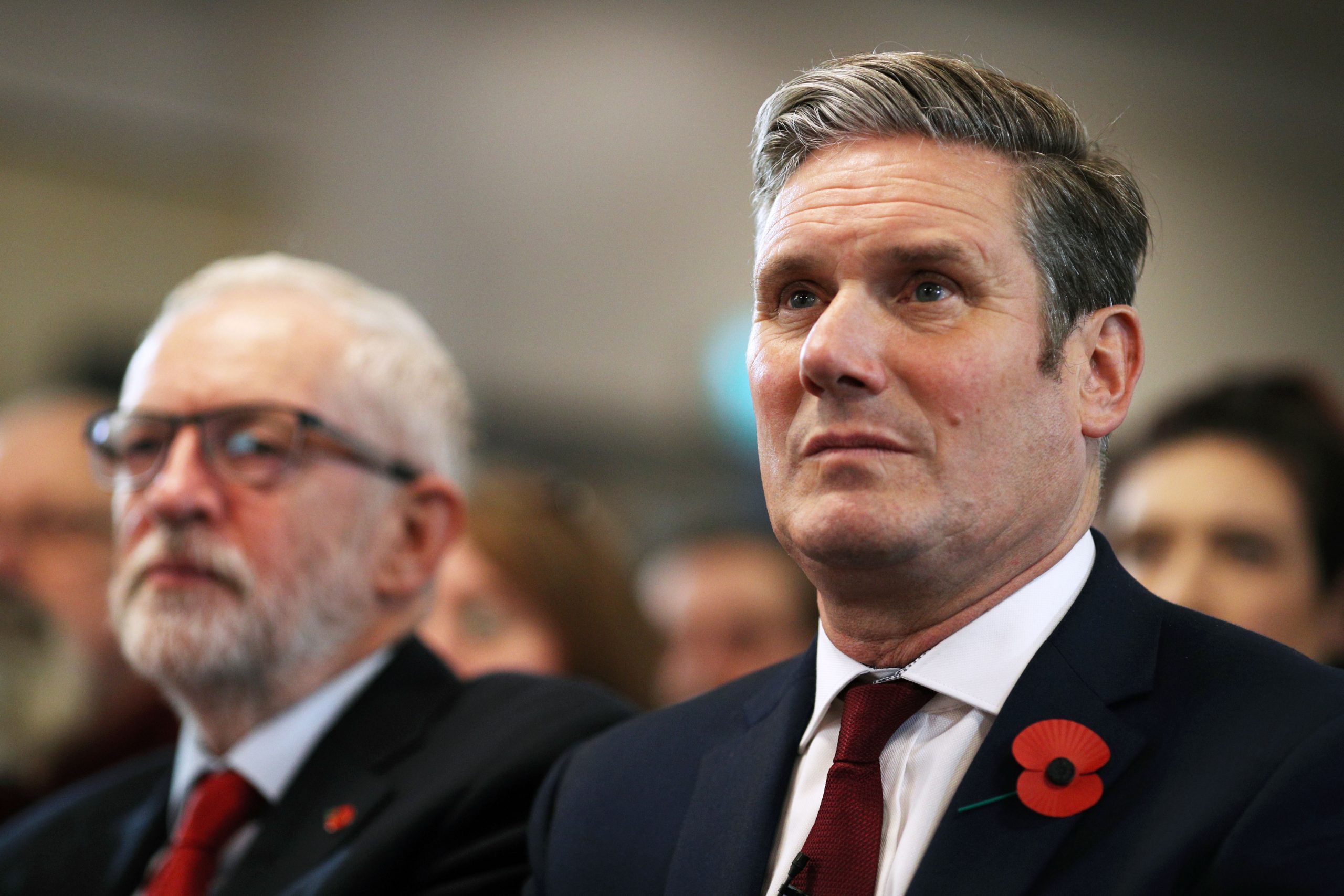
Jeremy Corbyn has been suspended from the Labour Party and had the parliamentary whip removed “pending investigation” following the former leader’s statement in response to the Equality and Human Rights Commission (EHRC) report on anti-Semitism within the party, in which he stated: “the scale of the problem was also dramatically overstated for political reasons by our opponents inside and outside the party, as well as by much of the media”.
Keir Starmer was clear in his response to the EHRC report this morning that anyone who thought there was no problem with anti-Semitism in the Labour Party or that the problem was overstated was “part of the problem too. And you should be nowhere near the Labour Party either.” After repeated questions at the press conference about whether he would act following Corbyn’s statement, a Labour spokesperson confirmed afterwards that the former leader had been suspended “in light of his comments made today and his failure to retract them subsequently”.
It appears to be a truly extraordinary suspension of a former leader by his immediate successor: but sources are keen to emphasise that this decision was taken by the party, and not by Starmer’s office. It is, nevertheless, the strongest possible signal of a break from the Corbyn era, and of a zero tolerance policy towards both anti-Semitism itself and those who doubt the severity of the problem within Labour. For many, it is the decisive action they have been waiting for from the new Labour leadership.
But many others who have demanded action on this issue will be disappointed that Jeremy Corbyn is now the story. Speaking this morning at the Jewish Labour Movement’s press conference Margaret Hodge, the veteran Jewish Labour MP who has been a prominent voice calling attention to anti-Semitism in Labour, described the former leader as “irrelevant” to the party today. She was asked repeatedly if she would like Corbyn to be suspended, and was clear that she didn’t want him to become the story, or for today’s news coverage to be “diverted” from the wider issue.
With Jeremy Corbyn’s suspension, there is no question that the entire focus of today’s coverage will be on him. Even if it hadn’t happened, the story would likely always have been about him, as the leader ultimately responsible for presiding over the events investigated in the EHRC report. The question is whether the healing process that Hodge and others hoped would be begun by the report can truly begin, or whether the bitter and factional nature of this issue has been highlighted and further entrenched.
“Jeremy’s part of the past,” Hodge said earlier today. Now we must see whether the former leader and his allies will have a place in Labour’s future.






